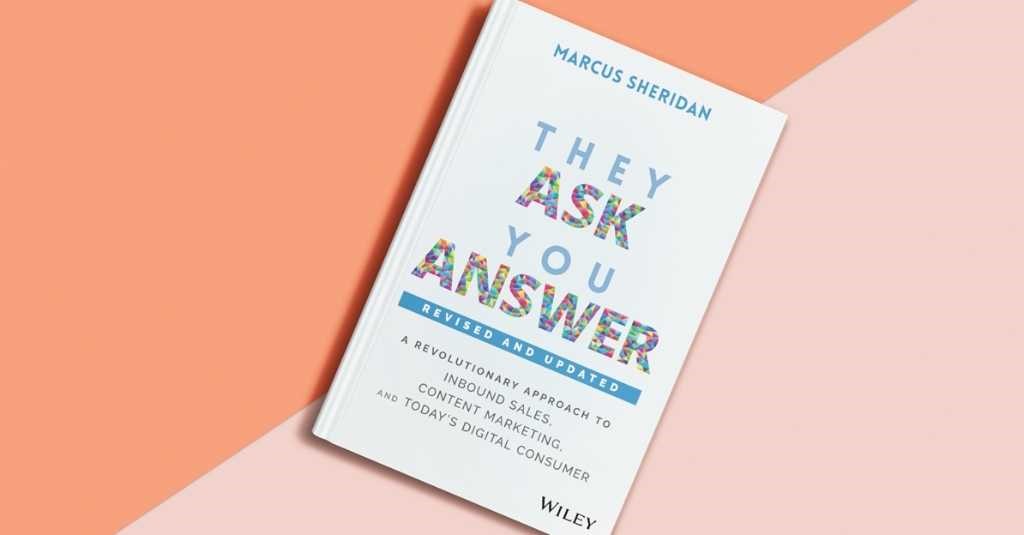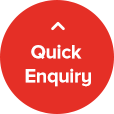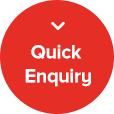Are you using your industry knowledge to your disadvantage? The curse of knowledge is when you unknowingly create a language barrier with your customers by leaning heavily on industry jargon and complex terms, obscuring the message you aim to convey. In this article, you will find out how this curse of knowledge could be hindering your sales, and more importantly, you will be provided with a clear roadmap on how to speak the language of your customers.

When you speak to customers at a level that they cannot understand and absorb, they will feel disconnected which will ultimately hinder your sales.
On the other hand, imagine communicating in a way that resonates with your prospects. Imagine them being able to clearly see themselves as your customer – as the hero in their own journey towards success.
When your prospects understand what you’re saying they feel connected, and what do you think happens to your bottom line when your prospects are able to make an educated and informed decision? That’s right – your bottom line improves.
With your expertise, you might be communicating in the 8-10 range on a daily basis with your co-workers. When you speak to customers, you probably lower yourself to a 6-7, however, to truly resonate with your prospects, they need you at a 2 or 3.
Now, this isn’t about dumbing down your message or underestimating the intelligence of your customers. It’s about crafting messaging that is simple, concise, and easy to grasp.
By doing so, you can bridge the gap between your internal expertise and your customer’s needs, helping them see themselves as the hero in their own journey towards success.
This way, you can help your customers paint a clear picture of what success looks like for them, thereby increasing the likelihood of making a sale.
This ultimately leads to more meaningful connections, more trust, and more closed deals.
Now you’re probably wondering, how are you going to ensure that your teams are using the right language at the right time to build trust and connection with your customers?
How to Start Speaking the Same Language as Your Customer
Here are some ways to ensure your teams are using the right language at the right time, thereby enhancing customer connection and trust:
- Hold a messaging workshop
- Role play conversations
- Review your calls
- Evolve your messaging
Hold a messaging workshop

Organise a workshop where you lay out a simple framework to connect with potential customers using their language. Make sure your team understands the importance of speaking the customer’s language and the impact it can have on your sales outcomes.
Role-Play Conversations
Encourage your team to role-play customer interactions. Challenge them whenever they start using complex language or industry jargon. This will help them to think from the customer’s perspective and become more empathetic in their approach.

Effective communication is undoubtedly built upon effective preparation.
Roleplays serve the purpose of having a conversation before the conversation happens. When you do this, and you practice your roleplays consistently, you create repetition, and this repetition breeds confidence, giving you the opportunity to be more authentic in sales calls and meetings, and helping you better connect with your customer.
You should encourage your team to point out when industry jargon is used so that team members can get better at communicating their message without falling prey to the curse of knowledge.
Review Your Calls
Listen to your sales calls and notice how often you or yourteam has to explain your services or offerings more than once. The need for repetition might indicate that the initial explanation was not clear enough for the customer.
Also look at their body language, are they leaning in and listening intently? Or are they leaning back and seem dissociated? If it’s the latter, consider the possibility that you’ve lost them in the delivery of your message.
Stop And Check In
Remember to stop and pause after you have shared a lot of information, and ask them “do you have any questions?” At the beginning of a meeting, create a psychologically safe environment where the client feels like they can ask seemingly ‘silly’ questions.
What else can you do to improve your sales?
So, ask yourself, are you speaking to your potential clients in the language that they need to hear so that they can see themselves as the hero in their own journey towards success.
By holding a messaging workshop, roleplaying your sales conversations, reviewing your calls and allotting time to stop and check in, you can better connect with your customers and reduce any barriers that might have existed, ultimately helping you close more deals.
If you’re looking to close more deals, then you may be interested in an article we wrote on Assignment Selling, a sales technique proven to dramatically increase close rates and shorten the sales cycle.













